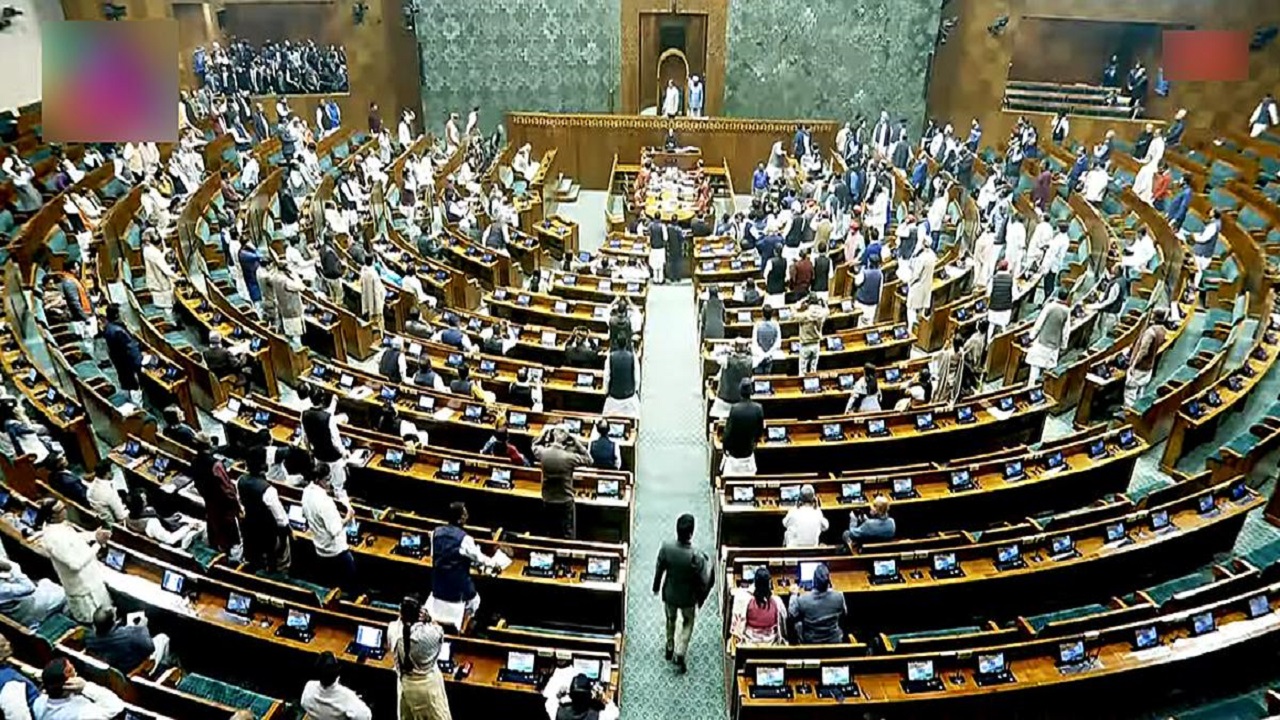Reviving Private Member’s Bills: Strengthening Legislative Innovation in India
Context
In a functioning democracy, legislative space for individual lawmakers is crucial for innovation, accountability, and inclusive policymaking. Private Member’s Bills (PMBs), introduced by Members of Parliament who are not ministers, offer that space. However, despite their democratic value, PMBs in India have seen a sharp decline in deliberation, discussion, and passage, raising concerns about executive dominance and the weakening of deliberative democracy. As urged by the NHRC, policy experts, and several MPs, procedural reforms are essential to restore the relevance of PMBs as tools of independent legislative expression.
What is a Private Member’s Bill (PMB)?
-
A Private Member’s Bill is introduced by an MP who is not a Minister.
-
It reflects the individual viewpoint of an MP, not the official stance of the government.
-
PMBs follow the same legislative stages as government bills — introduction, discussion, voting — and require passage in both Houses and Presidential assent to become law.
-
As per parliamentary procedure, PMBs are usually introduced on Fridays in both Lok Sabha and Rajya Sabha.
Recent Trends and Decline
-
Since Independence, only 14 PMBs have been passed into law.
-
No PMB has passed both Houses since 1970.
-
During the 17th Lok Sabha, 729 PMBs were introduced, but only 2 were discussed.
-
In the 18th Lok Sabha (as of 2024), 64 PMBs have been introduced, but none have been discussed so far.
-
In the 2024 Winter Session:
-
Lok Sabha spent 0.15 hours on PMBs
-
Rajya Sabha spent 0.62 hours on PMBs
-
Significance of Private Member’s Bills
-
Democratic Expression
-
PMBs allow MPs to present legislation based on personal conviction or constituency-specific issues.
-
Example: Supriya Sule’s “Right to Disconnect” Bill (2019) addressed digital overwork and work-life balance.
-
-
Policy Innovation
-
PMBs often serve as incubators for sensitive or emerging issues later adopted by the government.
-
Example: Tiruchi Siva’s Transgender Rights Bill (2014) influenced the Transgender Persons (Protection of Rights) Act, 2019.
-
-
Space for Independent Thought within Ruling Parties
-
Ruling party MPs also use PMBs to express independent perspectives.
-
Example: Gopal Shetty’s PMB on healthcare for senior citizens.
-
-
Strengthening Oversight
-
Encourages deliberative democracy, offering space beyond party whip controls and executive dominance.
-
Reasons for Decline
-
Government Business Overshadowing PMBs
-
Government legislative business is prioritized, often replacing PMB sessions.
-
Example: In 2024, Budget discussions were scheduled during PMB time slots.
-
-
Frequent Disruptions
-
Adjournments and protests cut into scheduled Friday sessions.
-
In 2024 Winter Session, 2 Fridays were lost due to disruptions.
-
-
Impact of Anti-Defection Law
-
Post 52nd Constitutional Amendment, MPs hesitate to introduce or support bills that may contradict party lines.
-
-
Low Attendance on Fridays
-
MPs often leave for their constituencies on Fridays, leading to poor participation in PMB discussions.
-
-
Chairperson’s Discretion
-
The Speaker or Chairman decides which PMBs are scheduled, often leading to limited or no debate, even during full working sessions.
-
Example: In a 62-hour session, time allocated to PMBs was less than 1 hour.
-
Way Forward: Procedural Reforms Needed
-
Protect Friday Time for PMBs
-
Amend rules to ensure Friday sessions are non-negotiable, except during national emergencies.
-
-
Midweek Scheduling of PMBs
-
Allocate PMB discussions to Wednesdays to improve attendance and engagement.
-
-
Set Up a Priority Committee
-
Form an expert review panel to identify high-impact PMBs for assured discussion.
-
Inspiration can be drawn from the UK’s Ten-Minute Rule model.
-
-
Extend Working Hours
-
Increase sitting hours to accommodate both government business and private legislative initiatives.
-
-
Promote Transparency through Digital Tracking
-
Introduce a public online dashboard to track PMBs and improve visibility and accountability.
-
Conclusion
Private Member’s Bills are a crucial instrument of participatory law-making, enabling MPs to raise concerns, propose reforms, and challenge the status quo. Their declining use reflects the centralization of legislative power and the weakening of democratic deliberation. Reviving PMBs through procedural reforms is vital to restore the spirit of legislative independence, innovation, and inclusive democracy in Parliament.

11.jpg)


Comments (0)